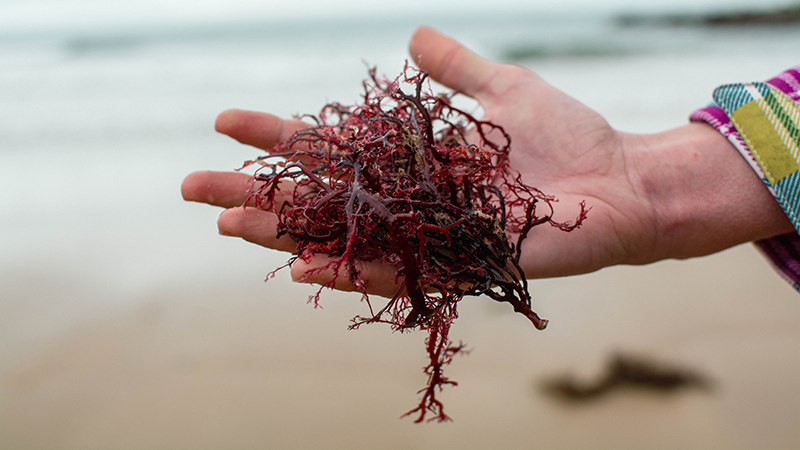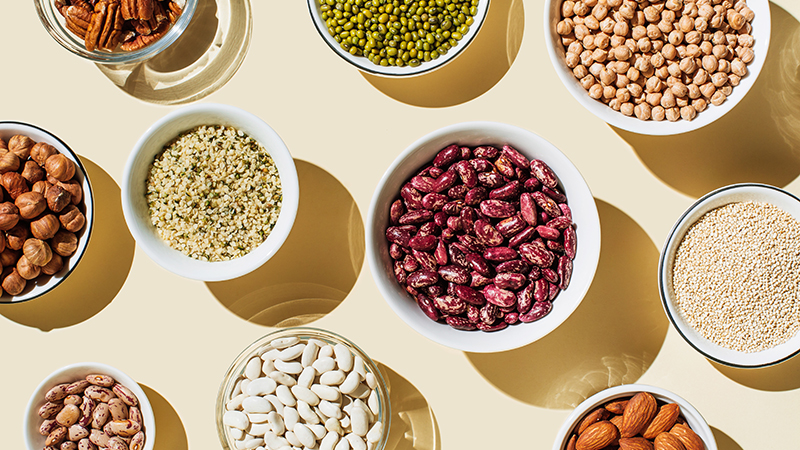The Skinny on Cheat Days
Published December 2021
A Nutritionist’s Guide to Incorporating Cheat Days into Your Diet
When it comes to healthy eating, the key to following the rules may be in breaking them. The notion of “cheat days” has recently garnered popularity for those dieting or wishing to sustain a healthy lifestyle. While incorporating a periodic cheat day has proven to help dieters stay on track, if you don’t indulge the right way, you could find yourself back at square one.
The first rule of integrating cheat days into your diet? Don’t think of them as cheating, more so a meal that you earned and should enjoy – without the guilt. By following this advice on how to incorporate cheat days into your diet, you’ll come to think of them less as cheating, and more as part of a healthy and balanced lifestyle.
The Benefits of Cheating
Research shows that after a cheat meal, the body increases its metabolism, causing you to burn calories faster. This is caused by increased levels of leptin, a hormone secreted by fat cells and responsible for maintaining energy balance in the body. After eating a larger meal than usual, your body increases leptin production by as much as 30 percent for up to 24 hours.
For those on a highly restrictive, low-calorie diet, psychologists and nutritionists often believe that cheat meals allow individuals to eat better throughout the week. This planned splurge in calories often allows people to forgo other unplanned and often binge-inducing meals – meals that take much longer to bounce back from and could throw you off the wagon altogether.
Cheating Too Frequently
While cheat days can prove a helpful tool to keep binge-eating at bay, if you cheat too often, you can find yourself back to where you started. As an easier way to plan out cheat meals, nutritionists often recommend the 80/20 Rule. When following this rule, 80 percent of the meals you eat should be healthy and adhere to your eating plan, while the other 20 percent give you the flexibility to satisfy your cravings.
Instead of devoting an entire day giving in to indulgences, nutritionists recommend satisfying a single craving. Also, remember that the frequency of which you cheat should depend on how close you are to your health goals. Someone trying to maintain their weight may be able to splurge more often than someone just starting a diet.
Cheat on a Training Day
If you plan to consume a larger amount of calories, try to do it on a day you can burn them off. Nutritionists agree that you should indulge in your cravings, but if you do, do it on the day of an intense workout. Even better, choose a meal that’s high in protein to rebuild muscle mass and satiate hunger.
Plan, Plan, Plan
It can be especially difficult to stick to a diet at a special event where cake and alcohol prevail as major food groups. Instead of torturing yourself, plan ahead to count it as your cheat meal. When an imminent binging event like Thanksgiving rolls around, even though you might be tempted to reach for a second or third plate, limit yourself to one. Having the dishes laid out in front of you doesn’t give you license to adopt an all-you-can-eat mindset. Tell yourself you’ll savor one helping and be done.
Forgive Yourself
Lastly, don’t give in to guilt. It can be easy get discouraged, but one bad meal or one bad day is not indicative of failure. Accept what you ate, and move on.





